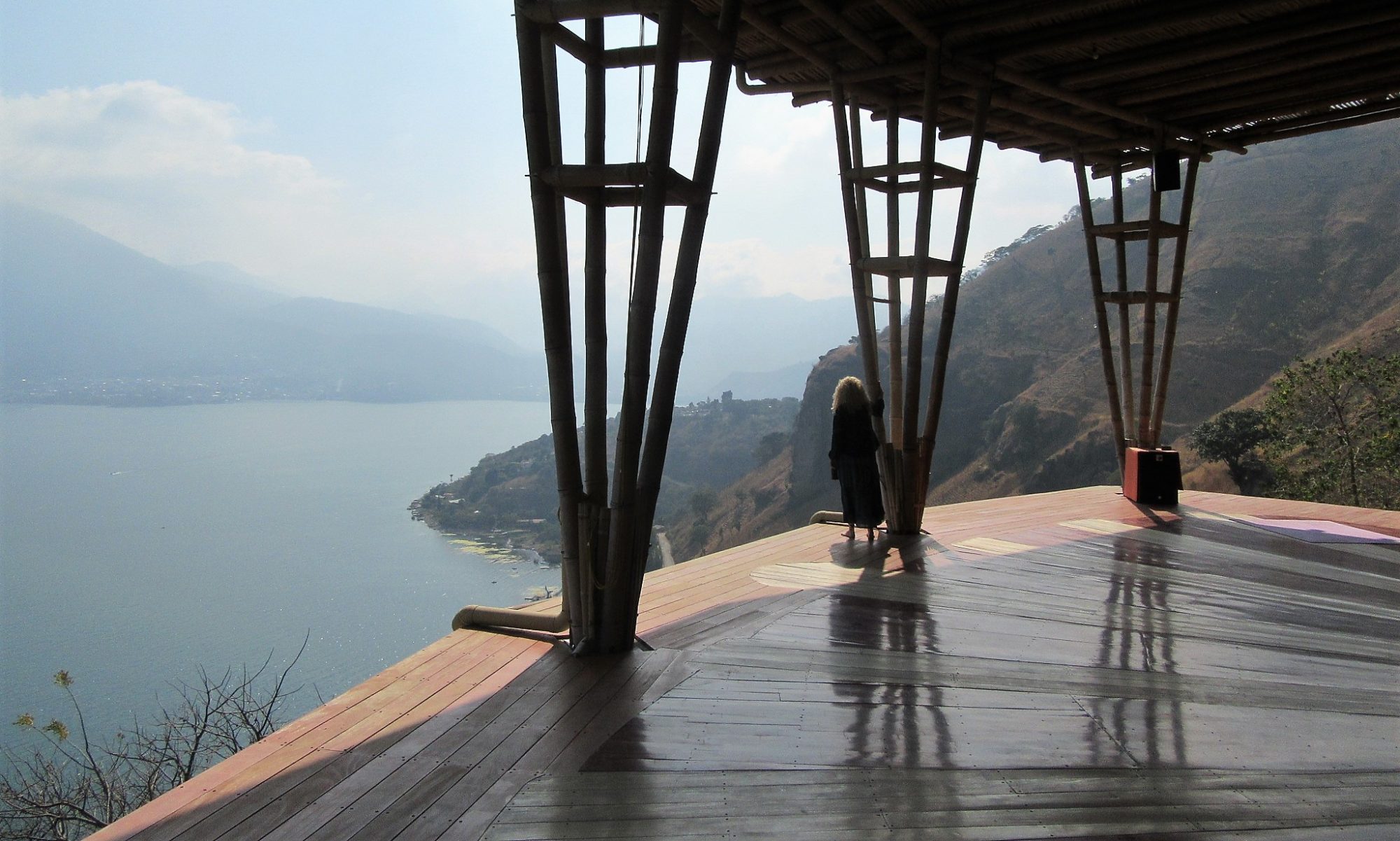All Hands on Deck
It’s crunch time, mateys. All the flags are flying in a stiff breeze, sails bound for the edge of the known world. Telescopes extended, radars whirling, pigeons sent carrying messages afar. Landlubbers lament their muddy stasis, while we adventurers seek promised lands of our own discovery.
Who knows where these ships will land, or when? For now we watch the skies; retrieve crabpots to sustain us, and bottled messages of portent, hinting at hope in harsh truths revealed.
Castles in the Sand
‘And they filled the whole land with these castles. They sorely burdened the unhappy people of the country with forced labour on the castles; and when the castles were built, they filled them with devils and wicked men.’ —Anglo-Saxon Chronicle, 1137
‘People have power. We’ve been made to think that we are inert. We’ve been made to think nature is inert. And all it is, is a colonization of our mind.’ —Vandana Shiva, https://www.youtube.com/watch?v=pJzbdcHQ4-A
Hamster Wheel Blues
‘As Elena Gorokhova wrote in her novel, A Mountain of Crumbs: “The rules are simple: they lie to us, we know they’re lying, they know we know they’re lying, but they keep lying to us, and we keep pretending to believe them.”’ —Harrison Koehli

‘It’s like an ageing rock band reluctantly returning to their classic hits late in the set, after the audience has snored through their experimental new album.’ —Kit Knightly
The Elephant in the Brain
‘Vaccination, Social Violence, and Criminality is as close as our movement gets to a Unified Field Theory. Coulter argues that… the sharp rise in autism, cranial nerve palsies, depression, suicide, eating disorders, learning disabilities, seizures, allergies, family dissolution, demyelinating disorders, sexual violence, and other forms of psychopathy & sociopathy — all stem, at least in part, from pervasive subclinical encephalitis (and post-encephalitic syndrome) as a result of vaccines. Coulter provides extensive references from the scientific and medical literature at the end of each chapter to document his claims.’ —Dr. Toby Rogers
Sunlight, Not Gaslight
‘this entire campaign has been like demanding that everyone take fentanyl after a night of drinking and calling the people who won’t “anti-medicine” because the belief that “hangovers get better by themselves” is a conspiracy theory.’ —el gato malo, the sources and effects of vaccine hesitancy

‘mRNA was never a “safe” modality. it failed every therapeutic trial ever run, even oncology, because it was too toxic and too prone to generating autoimmune issues. this is why there were no mRNA drugs used in despite decades of work. choosing mRNA as a basis for a vaccine was beyond questionable and suppressing the adverse events and silencing doctors who speak about them is unconscionable.’ —el gato malo, sunlight, not gaslight
A Rude Awakening

‘One part of humanity has sunk deep into a hypnotic psychosis, and performed the most absurd and dangerous rituals on themselves and their children. The other part of humanity has looked on in horror at the engineered fear, trashing of human rights, and mass participation in a death cult… The waiting is painful for those awake, but there is agony ahead for those asleep.’ —Martin Geddes

—
Further research: Quarantine Reading List
—
 In Covid Narrative Remix: Two Years of Dissent, Nowick Gray critiques the global agenda with the voice of the natural human spirit. These compiled articles from The New Now/Agora (2020-2022) shed light on the narrative sabotage carried out as the primary strategy of the war on humanity. Against that weapon of moral destruction, pen turns to sword in the ongoing battle for truth and freedom.
In Covid Narrative Remix: Two Years of Dissent, Nowick Gray critiques the global agenda with the voice of the natural human spirit. These compiled articles from The New Now/Agora (2020-2022) shed light on the narrative sabotage carried out as the primary strategy of the war on humanity. Against that weapon of moral destruction, pen turns to sword in the ongoing battle for truth and freedom.
Nowick Gray is a regular contributor to The New Agora and also offers perspectives and resources for alternative culture and African drumming. Subscribe to his Substack (New World Dreaming) or visit his writings website at NowickGray.com.










 Where there is destruction and dishonesty, there is always pushback. In England under early industrialization, the
Where there is destruction and dishonesty, there is always pushback. In England under early industrialization, the 

